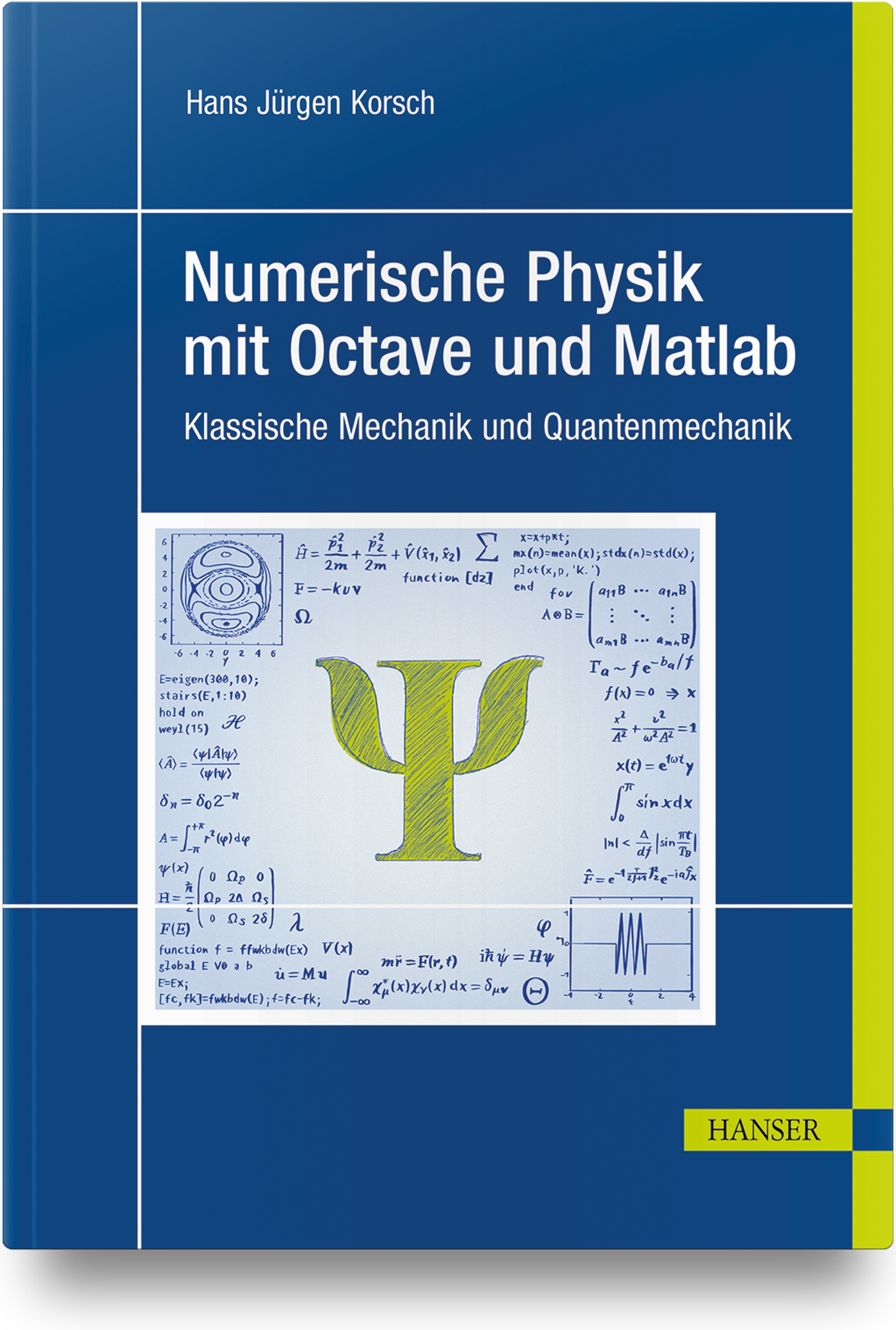- Sie sind hier:
- Fachbuch
- Kunststofftechnik
- Grundlagen
- Chemie / Physik
The Physics of Polymer Interactions
A Novel Approach. Application to Rheology and Processing
- ISBN: 978-1-56990-711-5
- Buchangaben: 1. Edition, 10/2019
464 Pages, PDF
Beschreibung
The Physics of Polymer Interactions
Understanding of polymer interactions is important for effective processing of plastics and their blends, mixing with nanoparticles, and understanding of their mechanical and physical (e.g., electrical) properties. This book describes a new physics of interactions in polymers that challenges existing theories, and explains the concept of entanglement in a very different way.
Rheology is formulated with different parameters defining the physics of dual-phase and cross-dual-phase. The rubbery behavior of thermoplastics is explained quite differently to conventional theory.
Rheo-fluidification experiments which are applicable to industry (injection molding, extrusion, sheet forming, etc.) are described and analyzed, including molding under conditions of reduced viscosity (up to several hundred percent). The application of this theory to industry has already been proven by a number of successful derived inventions.
Rheology is formulated with different parameters defining the physics of dual-phase and cross-dual-phase. The rubbery behavior of thermoplastics is explained quite differently to conventional theory.
Rheo-fluidification experiments which are applicable to industry (injection molding, extrusion, sheet forming, etc.) are described and analyzed, including molding under conditions of reduced viscosity (up to several hundred percent). The application of this theory to industry has already been proven by a number of successful derived inventions.
The Physics of Polymer Interactions
Understanding of polymer interactions is important for effective processing of plastics and their blends, mixing with nanoparticles, and understanding of their mechanical and physical (e.g., electrical) properties. This book describes a new physics of interactions in polymers that challenges existing theories, and explains the concept of entanglement in a very different way.
Rheology is formulated with different parameters defining the physics of dual-phase and cross-dual-phase. The rubbery behavior of thermoplastics is explained quite differently to conventional theory.
Rheo-fluidification experiments which are applicable to industry (injection molding, extrusion, sheet forming, etc.) are described and analyzed, including molding under conditions of reduced viscosity (up to several hundred percent). The application of this theory to industry has already been proven by a number of successful derived inventions.
Rheology is formulated with different parameters defining the physics of dual-phase and cross-dual-phase. The rubbery behavior of thermoplastics is explained quite differently to conventional theory.
Rheo-fluidification experiments which are applicable to industry (injection molding, extrusion, sheet forming, etc.) are described and analyzed, including molding under conditions of reduced viscosity (up to several hundred percent). The application of this theory to industry has already been proven by a number of successful derived inventions.
Customer evaluation for "The Physics of Polymer Interactions"
Write an evaluation
Evaluations will be activated after verification.
Cover Downloads
Produktsicherheit<
Carl Hanser Verlag GmbH & Co KG
Kolbergerstr. 22
81679 München
E-Mail: info@hanser.de
Sicherheitshinweis entsprechend Art.9 Abs. 7 Satz 2 GPSR entbehrlich
Carl Hanser Verlag GmbH & Co KG
Kolbergerstr. 22
81679 München
E-Mail: info@hanser.de
Sicherheitshinweis entsprechend Art.9 Abs. 7 Satz 2 GPSR entbehrlich
All books by this author Customers also viewed
All books by this author
Customers also viewed





